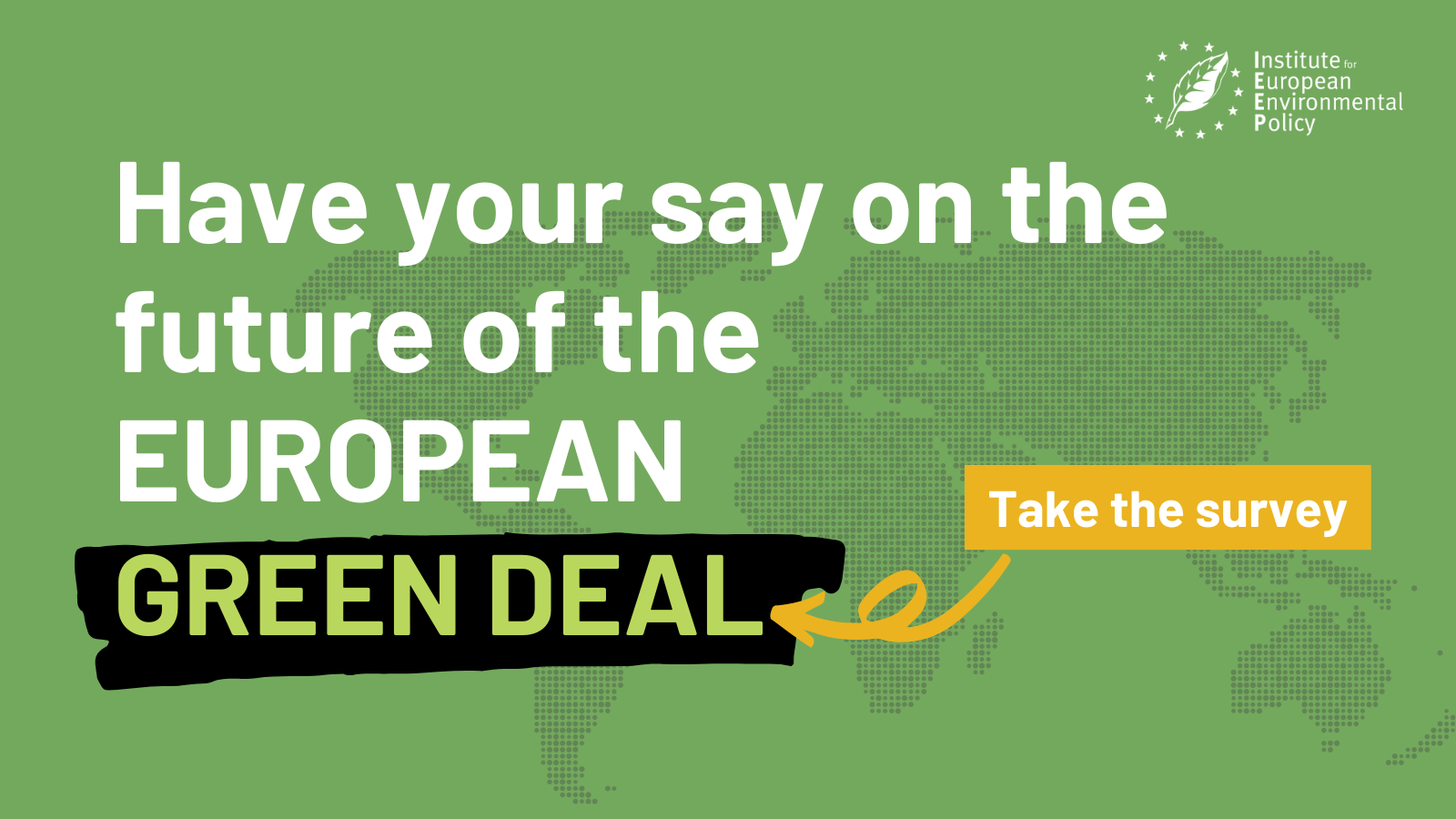Our People
- Home
- Who we are
- Our People
- Antoine Oger
Antoine Oger
Interim Executive Director, Research Director
Antoine joined IEEP in 2021 and has over 15 years’ experience working with stakeholders across EU institutions, international bodies, academia, civil society and industry, to produce evidence-based research and insights on EU sustainability policies. His research work focuses notably on the coherence of the EU’s internal and external policies related to trade, climate and circular economy. Before joining IEEP, Antoine worked on the provision of technical assistance for the sustainable development of countries in the global south. His recent publications include IEEP policy reports on the “Long-term linkages between climate objectives and international trade and investment” and a briefing on “Trade for an inclusive circular economy: A framework for collective action.”
Antoine holds a MA in European Politics from the Institute of Political Studies of Rennes. He is a native speaker of French and fluent in English. He also speaks Spanish and Italian.
EU trade policy, Sustainable development



